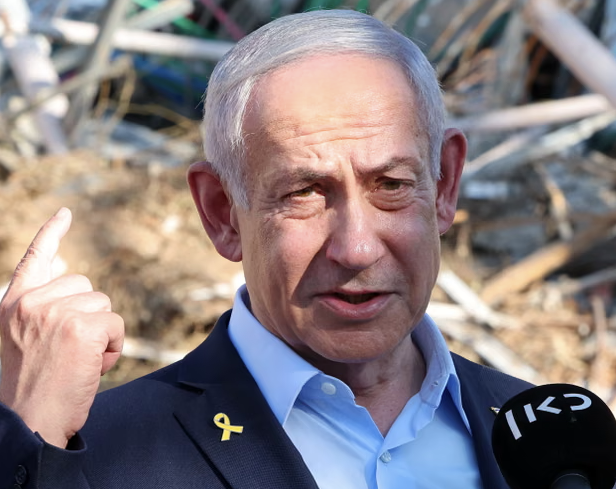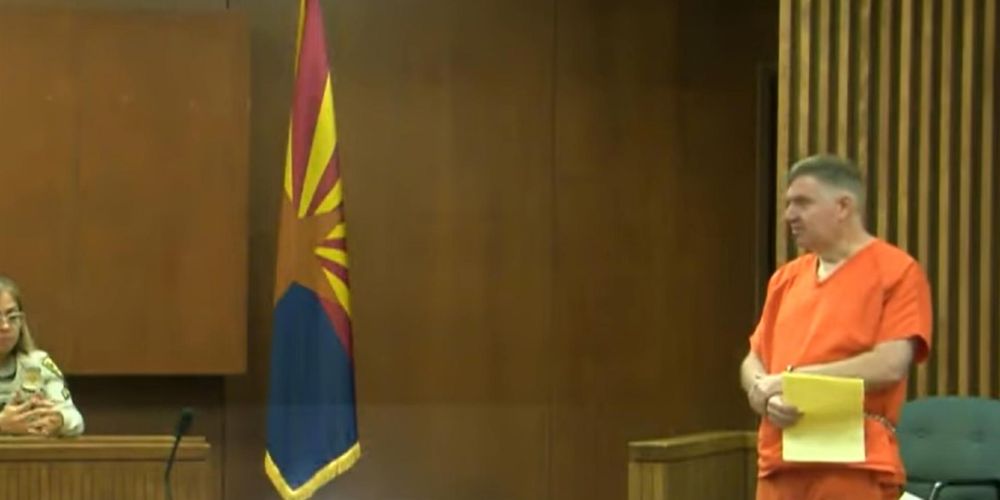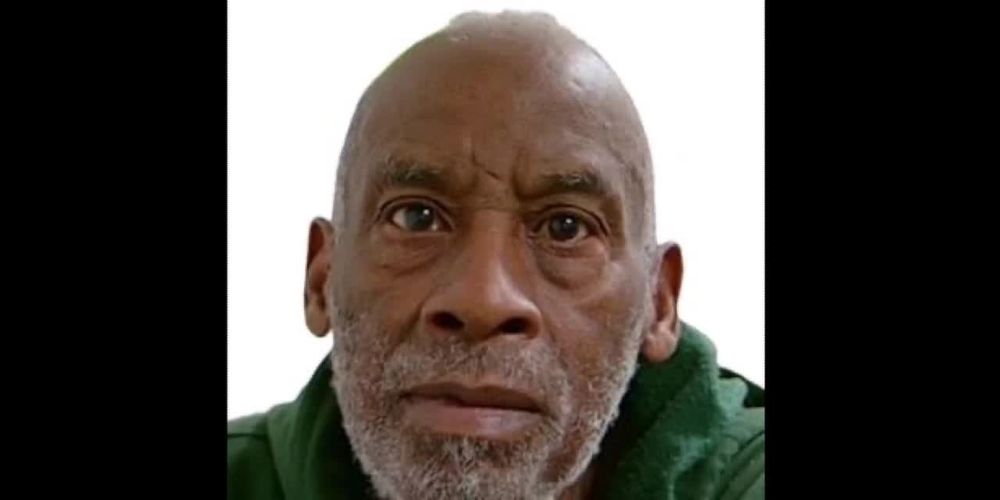A high-level Israeli security cabinet meeting has been postponed as internal divisions deepen over Prime Minister Benjamin Netanyahu’s push for the “full occupation” of Gaza. The delay comes amid a collapse in ceasefire talks with Hamas and rising concerns from top military officials about the plan’s viability.
According to Israeli media briefings, Netanyahu intended to launch an expansive offensive to assert full control over the Gaza Strip—now 22 months into a brutal war. However, senior commanders warned the move would endanger Israeli hostages, isolate Israel further on the world stage, and force troops to govern a population where Hamas fighters remain active.
Military, Global, and Political Pushback
The proposed operation has sparked alarm across the international community. Critics say it could devastate what’s left of Gaza and further erode support for Israel. More than 60,000 Palestinians—mostly civilians—have been killed, and over 2 million displaced. Hunger monitors recently warned of famine, adding to global outrage. Several European nations have even signaled plans to recognize a Palestinian state if no ceasefire is reached soon.
Despite that, unnamed officials close to Netanyahu claimed Monday that the decision was final:
“The die has been cast. We’re going for the full conquest of the Gaza Strip – and defeating Hamas.”
But internal cracks quickly emerged. Israeli Chief of Staff Eyal Zamir reportedly voiced opposition to the plan, prompting calls from some within Netanyahu’s circle to remove him.
Military analysts echoed these concerns. Yossi Yehoshua, writing in Yedioth Ahronoth, warned that the operation could doom hostages, cause massive IDF casualties, and create logistical chaos.
“Where will Israel house a million civilians now in Gaza City? We lack both legitimacy and a practical solution,” he wrote.
U.S. Position and Far-Right Influence
While the Trump administration hasn’t officially responded to Netanyahu’s plan, leaked remarks by U.S. envoy Steve Witkoff suggest that negotiations for a hostage deal have stalled. Speaking to hostage families, Witkoff indicated the U.S. now supports an “all or nothing” strategy—demanding the return of all hostages at once.
Some observers believe Netanyahu’s plan is aimed at appeasing far-right ministers who have pushed to establish Israeli settlements in Gaza, rather than a realistic military strategy.
A Palestinian official involved in ongoing negotiations told Reuters the threats might be intended to pressure Hamas but warned it would “only complicate negotiations further.”
“The resistance factions won’t accept less than an end to the war and a full withdrawal,” the official said.
Capacity and Morale Challenges
Even if Netanyahu presses forward, questions loom over Israel’s military capacity. The prolonged war has stretched the IDF thin, with ongoing manpower shortages and growing concerns over the mental health of reservists, including reports of suicides.
During a visit to Gaza on Tuesday, Israeli Defence Minister Israel Katz floated a more limited occupation model. He proposed a “security buffer zone” in strategic parts of Gaza to prevent future attacks and weapons smuggling.
“This is the lesson of October 7,” said Katz. “The IDF must separate the enemy from our communities.”
Ongoing Violence
Meanwhile, Israeli forces continued their campaign inside Gaza. On Tuesday alone, at least 13 Palestinians were killed, including five in a tent in Khan Younis and three near Rafah, according to Gaza’s health authorities. Israeli tanks also pushed into central Gaza, though it remains unclear if the move signals the start of a broader ground assault.
As tensions mount and pressure builds from both domestic and international fronts, Netanyahu’s controversial occupation plan appears far from settled.













Leave a Reply